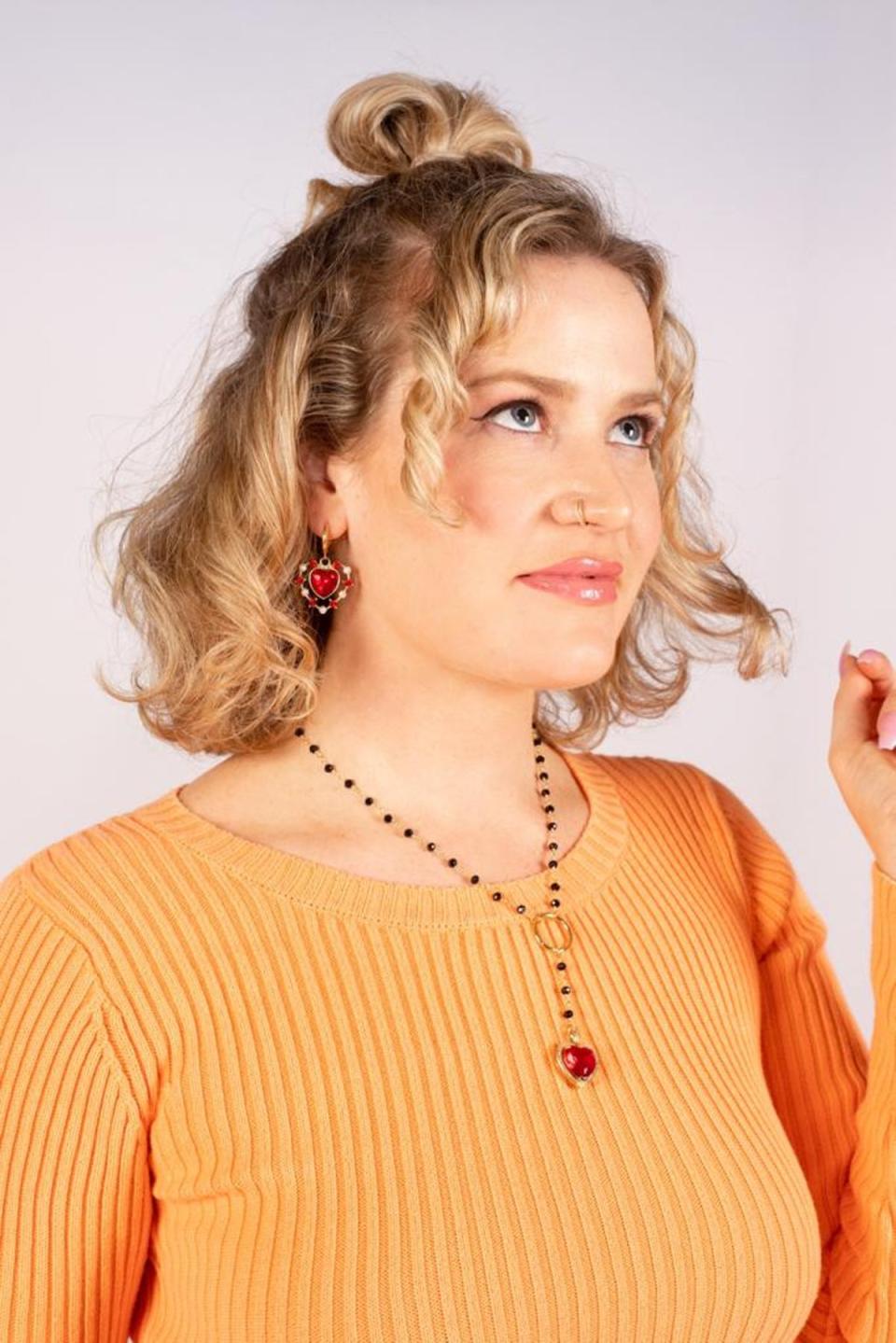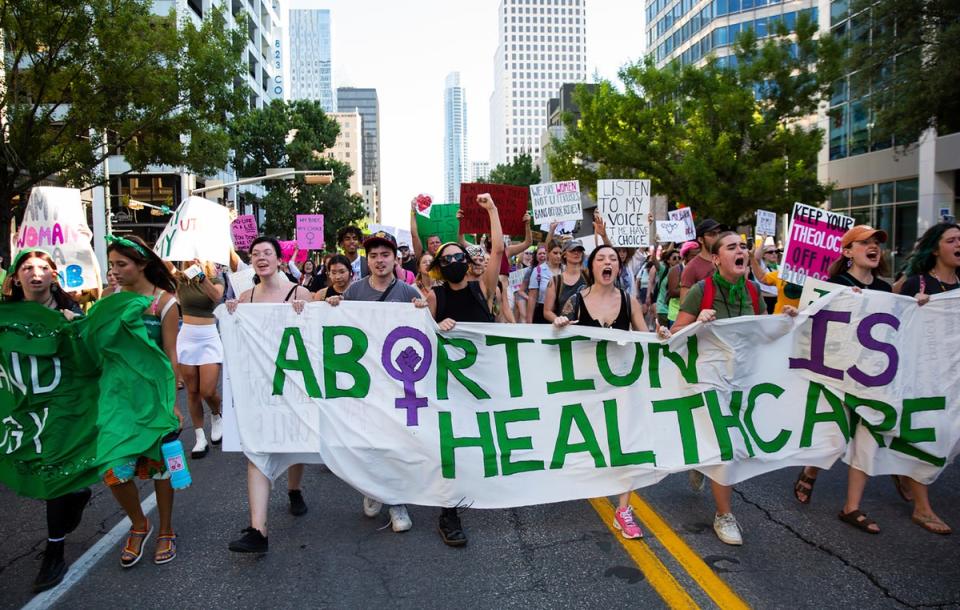Grace Campbell slipped into ‘depression like I’ve never experienced before’ after abortion
Grace Campbell has opened up about the physical and emotional toll that having an abortion took on her last year, revealing she fell into a severe depression afterwards.
In an article for The Guardian the comedian talked about the pregnancy being revealed to her, and how unprepared she felt for it while agonising over the decision to have the abortion.
“Confusion overwhelmed me,” she wrote. “I’d always imagined I wouldn’t think twice about getting an abortion.
“I have never thought about having a child. I have been too busy behaving like one. But now, at 29, in what felt like my last gasp of young adulthood, the words, ‘I’ll have an abortion’ didn’t slip off my tongue. The prospect of making such a finite decision freaked me out. I wished I had the grace of time.”
She slipped into depression after the procedure, Campbell wrote, and it was not something she was prepared for at all.
The doctor “said I would have some cramps and that I would bleed for a few days and then everything would be over,” she said.
What he did not warn me was that I might bleed for a lot longer than that. In fact, for weeks and weeks to come every time I would go to the toilet I’d see chunks of bloody tissue.
“He also didn’t warn me I might feel depression like I’ve never experienced before,” Campbell continued. “That I would have a hormonal crash that puts my historical comedown from Bestival 2014 to shame.”
She said the doctor showed her the foetus on the screen and gave her a pill but did not prepare her for what was to come. “That I would feel a pervasive sense of guilt, for letting go of something that was mine. And that then I would feel shame, shame that feeling guilty was in some way a dishonour to the women who fought for my right to be able to have this choice,” she wrote.

Campbell, who regularly uses her life in her stand-up routines, also wrote about being pro-choice and the rise in anti-abortion activism and laws.
“I am obviously pro-choice,” she said.
“I am lucky I live in a place where abortions are accessible and I won’t get arrested for having one. Especially, as we’re so acutely aware of the fact that in the US, a growing number of states are making abortions illegal, while in the UK, there has been an increase in the number of women being prosecuted for having abortions after 24 weeks, as well as a rise in far-right MPs unashamedly vocalising their anti-choice opinions.”
She was nervous writing about the grief she felt about her decision to have the abortion, Campbell said, and being able to have an abortion easily while many women elsewhere couldn’t added to her conflicted feelings.

“I was nervous writing this. I’ve worried that in doing so I am letting women down. You only have to look at the upcoming American elections to see we are being confronted with loud, powerful men who are trying to occupy our basic right to choose,” she said.
Campbell, whose father is Alastair Campbell, the journalist, author and broadcaster who headed up Tony Blair’s communications team when Blair was prime minister, spoke to The Independent last year about creating an identity separate from her father and working that into her routines.
“When I was starting out in comedy, for me it was like, ‘How can I establish myself completely distinctively and away from my dad?’” she said. “And talking about sex and relationships is a great way to do that, because it’s setting up my own audience.”
In the same interview, Campbell talked about her podcast 28 Dates Later, which saw her go on 28 dates in two months. She then recorded and analysed the results for a different episode.
“It made me really existential about dating,” Campbell said. “It kind of took the value of it away, because it made me see dates as material, which I already have a muddy relationship with because of how much I talk about it in my stand-up.”
If you are experiencing feelings of distress, or are struggling to cope, you can speak to the Samaritans, in confidence, on 116 123 (UK and ROI), email jo@samaritans.org, or visit the Samaritans website to find details of your nearest branch. If you are based in the USA, and you or someone you know needs mental health assistance right now, call or text 988, or visit 988lifeline.org to access online chat from the 988 Suicide and Crisis Lifeline. This is a free, confidential crisis hotline that is available to everyone 24 hours a day, seven days a week. If you are in another country, you can go to www.befrienders.org to find a helpline near you.

 Yahoo News
Yahoo News 
